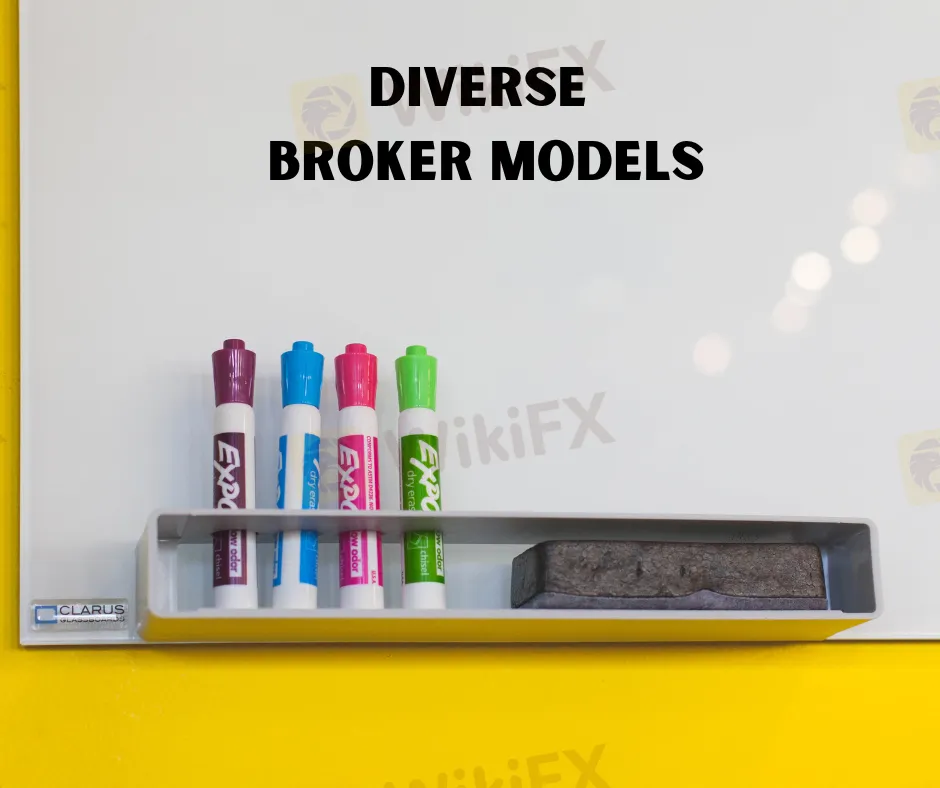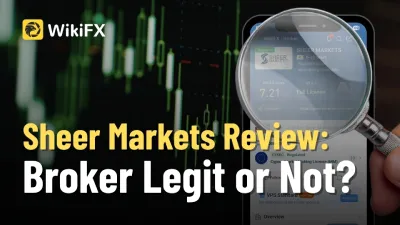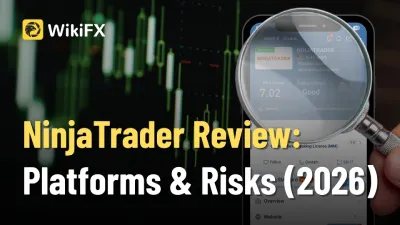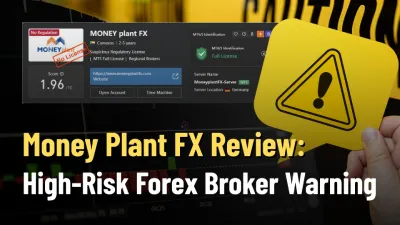Abstract:This article delves into the primary ways forex brokers make money, including the intricacies of spreads, market neutrality, hedging, overnight financing, and the various broker models.

In the world of forex trading, the mechanisms by which brokers generate revenue can often seem opaque. Yet, understanding these mechanisms is crucial for traders seeking to optimize their strategies and manage costs effectively. This article delves into the primary ways forex brokers make money, including the intricacies of spreads, market neutrality, hedging, overnight financing, and the various broker models.

Forex brokers primarily earn through the spread, which is the difference between the bid and ask prices of a currency pair. This spread represents the broker's profit margin on each trade and is typically measured in pips for currency pairs or points for spread betting. When a trader buys a currency pair, they pay the ask price, and when they sell, they receive the bid price. The spread is the brokers primary source of income, as it remains constant regardless of whether the trader profits or incurs a loss.

To manage risk and ensure profitability, brokers often aim to maintain a market-neutral position. This involves balancing trades from different clients so that the broker does not take on excessive risk. For instance, if one trader bets that a currency pair will fall while another bets it will rise, the broker can offset these positions. By maintaining neutrality, brokers profit from the spread while minimizing their exposure to market movements. This approach allows brokers to handle multiple trades and large volumes efficiently.

Effective risk management is crucial for forex brokers. They employ various hedging strategies to protect themselves from significant losses. When brokers face large or unusual trades that could impact their net exposure, they may hedge these positions by taking counter-positions in the underlying markets or by using liquidity providers. This careful balancing act ensures that brokers do not exceed their risk tolerance levels and maintain their financial stability.

Another significant revenue stream for forex brokers is overnight financing fees, often referred to as swap rates or rollover fees. When traders hold positions overnight, they incur or receive interest based on the difference between the interest rates of the currencies involved. Brokers typically charge a fee for holding long positions and offer a payment for short positions, taking a margin between what they pay and what they collect. This fee structure provides brokers with an additional income source while compensating for the risk of holding positions beyond market hours.

Forex brokers employ different models to generate revenue and manage client trades. For example, some brokers take trades and then pass the risk to liquidity providers. This model ensures that the broker is not directly betting against its clients, thus fostering a more transparent and trader-friendly environment. By offsetting trades through liquidity providers, these brokers make a profit from the spread while maintaining a neutral stance on individual trades.
In conclusion, understanding how forex brokers generate revenue is essential for traders seeking to navigate the forex market effectively. By comprehending the mechanics of spreads, market neutrality, hedging strategies, overnight financing fees, and the various broker models, traders can make more informed decisions and optimize their trading strategies. As always, selecting a broker with a transparent and fair approach can significantly impact trading success and overall satisfaction.















